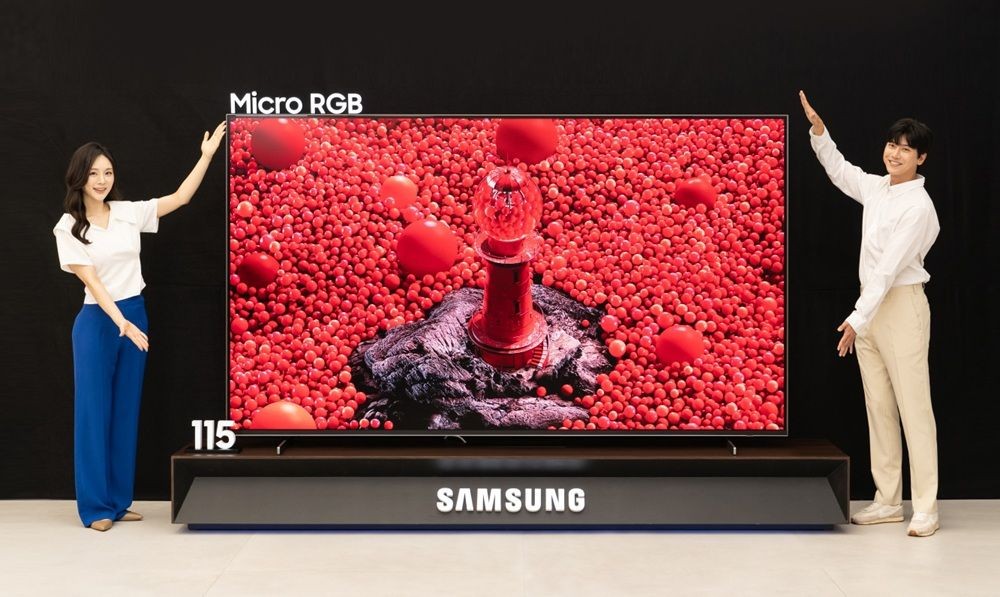It’s 2025 and My PC Still Has No Idea What Audio Devices Are Connected to It
In the realm of technological advancements, we find ourselves surrounded by artificial intelligence that can mimic human conversation, virtual reality worlds that are nearly indistinguishable from our own, and quantum computers that promise to revolutionize processing speeds. Yet, amidst these leaps forward, one persistent issue continues to plague PC users: audio device recognition. It’s 2025, and many users still face the frustrating reality of their PCs failing to properly identify connected audio devices.
The Persistent Audio Device Dilemma
According to a recent article on [PC Gamer](https://www.pcgamer.com/software/windows/its-2025-and-my-pc-still-has-no-idea-what-audio-devices-are-connected-to-it/), this ongoing issue is a source of considerable frustration for users who expect seamless integration of their hardware. Despite significant advancements in other areas, Windows operating systems and their drivers have struggled to consistently recognize and configure audio devices. This has led to countless hours spent troubleshooting and configuring settings manually, a task that seems archaic in our modern era.
Why Audio Device Recognition Remains a Challenge
Several factors contribute to the persistent problem of audio device recognition. First, the wide variety of audio devices on the market, each with unique drivers and configurations, complicates the automatic detection process. Moreover, updates to operating systems can sometimes disrupt previously stable configurations, causing devices to be unrecognized or misconfigured.
Additionally, the rapid pace of software updates and patches can introduce new bugs, which may inadvertently affect audio device functionality. While manufacturers strive to keep their drivers up-to-date, the sheer number of device models and variations makes it a daunting task to ensure compatibility across the board.
Efforts to Address the Issue
Efforts have been made to streamline the process of audio device recognition. Microsoft, for instance, has introduced various updates aimed at improving device detection and configuration in its Windows operating system. These updates often include enhancements to the Device Manager and audio troubleshooting tools. However, despite these efforts, inconsistencies remain.
Some tech enthusiasts have turned to third-party software solutions to bridge the gap, using applications that offer more robust management of audio devices. These tools often provide advanced configuration options and can automatically apply user-defined settings, offering a temporary reprieve from the frustrations of manual setup.
Comparing with Other Operating Systems
When compared to other operating systems like macOS and various Linux distributions, Windows’ struggles with audio device recognition are more pronounced. Apple’s macOS, for example, benefits from a more controlled ecosystem, where hardware and software are designed to work seamlessly together. This results in fewer compatibility issues, though the limited range of hardware options can be a drawback for some users.
Linux, on the other hand, offers a highly customizable environment where users can often find community-driven solutions to hardware compatibility issues. While this flexibility is a boon for tech-savvy users, it can be intimidating for those less familiar with the intricacies of Linux systems.
The Impact on Gamers and Content Creators
For gamers and content creators, reliable audio device recognition is crucial. In gaming, precise audio cues can mean the difference between victory and defeat, while content creators rely on high-quality audio input and output to produce professional-grade work. The ongoing issues with audio device recognition can lead to disrupted workflows and diminished user experiences.
As a result, many in these communities have developed their own troubleshooting guides and forums to share tips and solutions. The collective knowledge of these communities has become an invaluable resource for those struggling with audio device issues.
Looking Ahead

As we move further into 2025, there is hope that advancements in machine learning and artificial intelligence will offer more robust solutions to the problem of audio device recognition. These technologies could potentially predict and resolve compatibility issues before they occur, offering a more seamless user experience.
In the meantime, users continue to hope for a future where their PCs can effortlessly recognize and configure any connected device, fulfilling the promise of truly intuitive technology. Until then, the question remains: can anyone hear me?
What are your thoughts on the persistent issue of audio device recognition? Have you found any solutions that work for you? Share your experiences in the comments below.
audio device recognition, PC troubleshooting, Windows audio issues, gaming audio, tech advancements 2025, operating system comparison, content creators, device compatibility, Microsoft Windows, audio troubleshooting
Image source: Original Article





